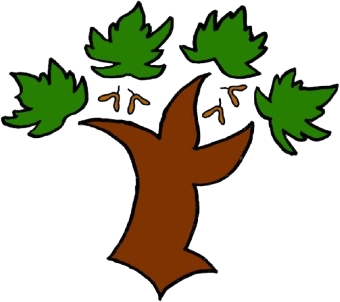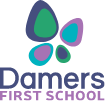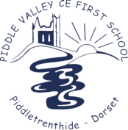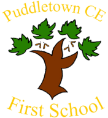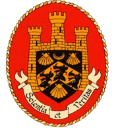
History
HISTORY INTENT – Why do we teach what we teach?
At Puddletown First School, all children develop a love for history. To support this, we inspire all pupils to develop a curiosity and fascination about history that will remain with them for the rest of their lives and motivate their ongoing learning. We go beyond the requirements of the National Curriculum for History; providing a broad, balanced and adapted curriculum, where appropriate; ensuring a progressive development of historical concepts, knowledge and skills. Our high-quality History Education helps pupils to gain a coherent knowledge and understanding of Britain’s past and that of the wider world. We take many trips out, for example, Cranborne Ancient Technology Centre, Shire Hall in Dorchester and use our rich local environment whenever possible. Our History teaching has a wide application to everyday life, teaching the children to enjoy learning about the past and to have a better understanding of the society in which we live and our cultural heritage. We teach children to understand the complexity of people’s lives, the process of change, as well as their own identity and the challenges of today. History lessons focus on developing historical skills and children working as historians. Our children have real life experiences and learn about history in an active and creative way (eg use of drama, role-play, artefacts).
HISTORY IMPLEMENTATION – How do we teach it?
To ensure high standards of teaching and learning in History at Puddletown First our history curriculum follows the National Curriculum and extends beyond these set requirements to promote an ambitious curriculum. The use of the Cornerstones scheme ensures there is continuity and progression in historical knowledge and skills taught from EYFS to year 4. Within our Reception year group History is taught within the knowledge and Understanding element of the Early Years Curriculum. In key stage 1 and lower key stage 2, History is blocked throughout the year as part of a connected approach with science, geography, design technology,art and design and English. Within each year groups long term plans, it is clearly identified where History is the focus subject within curriculum units. This is to enable an in-depth study of the subject, whilst making connections with other subjects. The use of long-term plans and knowledge organisers allow staff to implement lessons that have clear endpoints, ensuring a systematic approach to learning. Assessment is integral to each unit of historical work and is used as a diagnostic tool to help mould the curriculum to the needs and requirements of the learners. Quizzes, recaps and connected knowledge lessons give all children the opportunity to retain the knowledge they need to move onto the next step in their learning journey.
HISTORY IMPACT – What has been the impact, and how do we know?
By the end of their history learning at Puddletown First, our children will:
- Have a growing knowledge of the key events and people in British and world history
- Understand and remember a wide vocabulary of terms relating to different historical periods, key events and key historical themes, such as conflict and empire
- Demonstrate a secure understanding of the historical chronological order of key historical periods
- Be able to talk confidently about aspects of local history and how these relate to wider themes studied
- Be keen historical enquirers - able to use a variety of sources to find out about the past
- The impact of our History curriculum will be measured through questioning, pupil voice conversations, child-led assessments and summative assessments.
As historians, our children will learn lessons from history to influence the decisions they make in their future lives.
